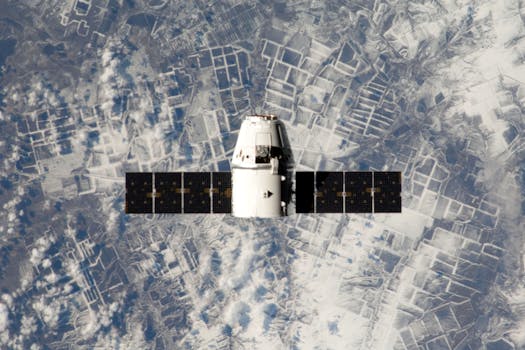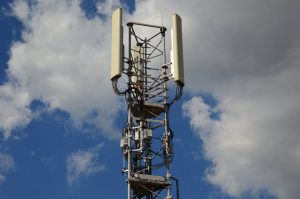The Future of Satellites: Revolutionizing Global Connectivity
The future of satellites is poised to revolutionize global connectivity, enabling faster and more reliable communication services. With advancements in space technology, satellites are becoming increasingly important for various industries, including telecommunications, navigation, and remote sensing.

The Future of Satellites: Revolutionizing Global Connectivity
The future of satellites is poised to revolutionize global connectivity, enabling faster and more reliable communication services. With advancements in space technology, satellites are becoming increasingly important for various industries, including telecommunications, navigation, and remote sensing. As the demand for satellite-based services continues to grow, the satellite industry is expected to play a vital role in shaping the future of global connectivity.
Satellites have been used for decades to provide communication services, including television broadcasting, telephone services, and internet connectivity. However, with the advent of new technologies, such as 5G networks and the Internet of Things (IoT), the role of satellites is expanding beyond traditional communication services. Satellites are now being used to provide a wide range of services, including navigation, remote sensing, and earth observation.
Advancements in Space Technology
Recent advancements in space technology have made it possible to launch smaller, cheaper, and more efficient satellites into orbit. This has led to an increase in the number of satellite launches, with many private companies, such as SpaceX and OneWeb, launching constellations of satellites to provide global connectivity. These satellites are designed to provide high-speed internet services, enabling people in remote and underserved areas to access the internet and other digital services.
In addition to advancements in satellite technology, there have also been significant improvements in launch technology. Reusable launch vehicles, such as those developed by SpaceX, have made it possible to launch satellites into orbit at a lower cost, making satellite-based services more accessible to a wider range of industries and applications.
Applications of Satellites
Satellites have a wide range of applications, including navigation, remote sensing, and earth observation. Navigation satellites, such as the Global Positioning System (GPS), provide location information and timing signals, enabling users to determine their exact location and time. Remote sensing satellites, such as those used for weather forecasting and crop monitoring, provide valuable data and images of the earth’s surface, enabling scientists and researchers to study the environment and track changes over time.
Earth observation satellites, such as those used for monitoring climate change and tracking natural disasters, provide critical data and images of the earth’s surface, enabling scientists and researchers to study the environment and track changes over time. These satellites are equipped with advanced sensors and cameras, which capture high-resolution images and data, enabling detailed analysis and study of the earth’s surface.
Challenges and Opportunities
Despite the many benefits and opportunities presented by satellites, there are also several challenges that need to be addressed. One of the major challenges is the growing problem of space debris, which poses a significant threat to the safety and sustainability of satellite operations. Space debris, which includes old satellites, rocket parts, and other objects, can collide with operational satellites, causing damage and disruption to services.
Another challenge is the need for international cooperation and regulation, to ensure that satellite operations are safe, sustainable, and equitable. The satellite industry is global, and satellite operations require international cooperation and agreement, to ensure that services are provided in a fair and equitable manner. This requires the development of international standards and regulations, which can help to ensure that satellite operations are safe, sustainable, and equitable.
Conclusion
In conclusion, the future of satellites is poised to revolutionize global connectivity, enabling faster and more reliable communication services. With advancements in space technology, satellites are becoming increasingly important for various industries, including telecommunications, navigation, and remote sensing. As the demand for satellite-based services continues to grow, the satellite industry is expected to play a vital role in shaping the future of global connectivity.




